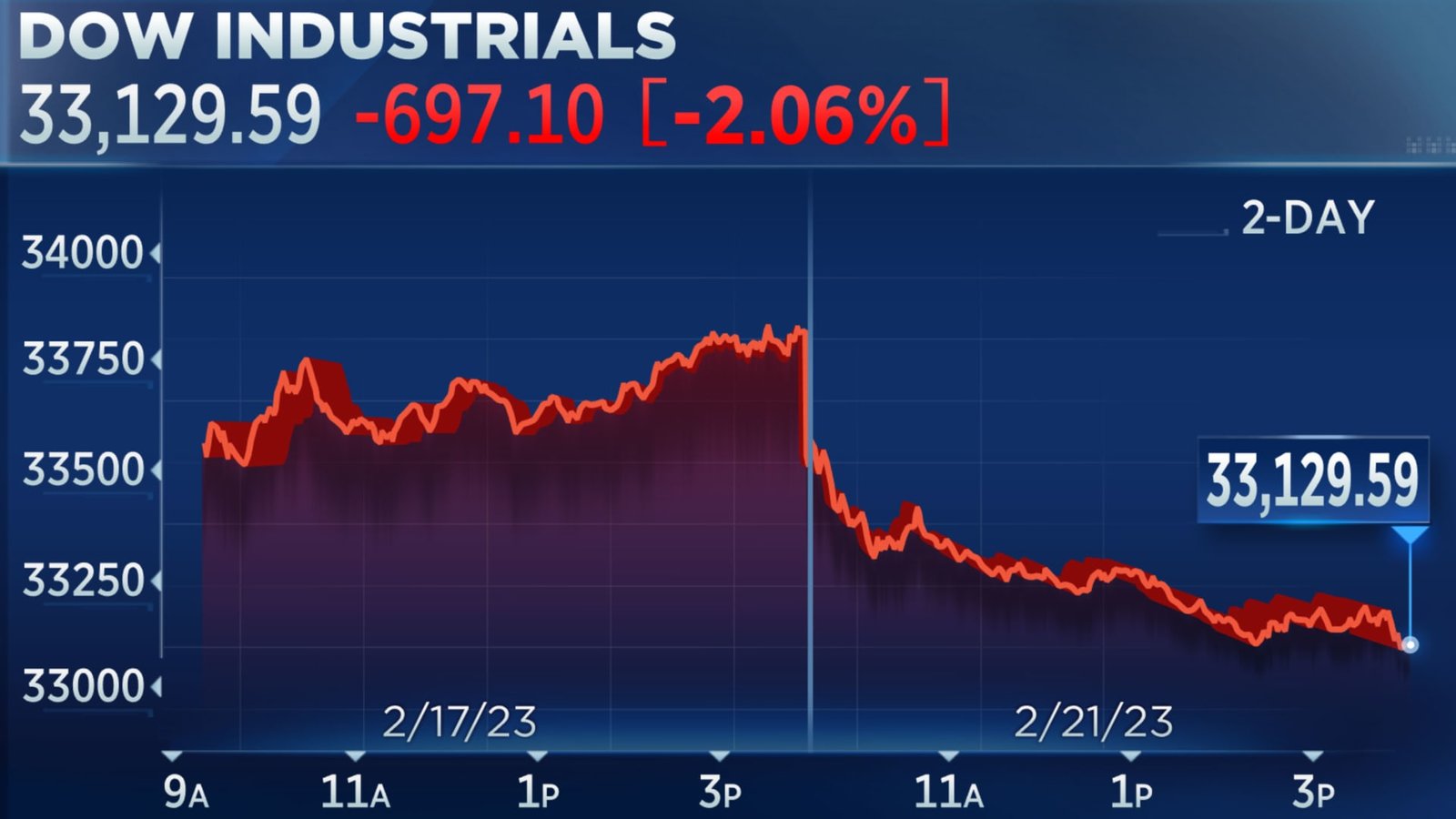Trump’s immigration crackdown has raised international concerns, prompting several NATO allies, including Canada, Germany, Denmark, the UK, and Finland, to issue fresh travel advisories. These warnings signal growing unease over shifting U.S. immigration policies and their impact on foreign travelers.
NATO Allies Respond to Trump’s Immigration Crackdown
The recent tightening of immigration laws under Trump’s administration has led NATO allies to caution their citizens about potential risks when traveling to the U.S. Concerns include stricter visa requirements, extended border questioning, and increased deportations. Canada and Germany have both advised travelers to carry comprehensive documentation, while Denmark and the UK highlighted cases of individuals facing unexpected detentions.
Travel Advisory Details by Country
- Canada: Warns citizens of increased scrutiny at U.S. borders, particularly those with dual citizenship or Middle Eastern heritage.
- Germany: Cautions against potential visa denials and recommends thorough preparation for U.S. customs checks.
- Denmark: Advises travelers to be aware of new entry policies and additional delays at U.S. airports.
- UK: Highlights incidents of British nationals being detained or denied entry based on travel history.
- Finland: Urges citizens to stay informed about ongoing changes and report any irregularities at U.S. entry points.
The Broader Impact of Trump’s Immigration Crackdown
Beyond affecting tourism, the immigration crackdown is influencing international business, academia, and diplomacy. Foreign professionals, students, and investors are facing stricter entry conditions, potentially harming U.S. economic relations with key NATO allies. Travel restrictions could also strain diplomatic ties, as countries reassess their approach to bilateral agreements with the U.S.
The fresh travel advisories from NATO allies reflect growing international concern over Trump’s immigration crackdown. As immigration policies continue to evolve, foreign travelers must stay informed and prepared to navigate an increasingly complex entry process. Governments are closely monitoring the situation to ensure their citizens‘ safety and legal rights while traveling to the U.S.


